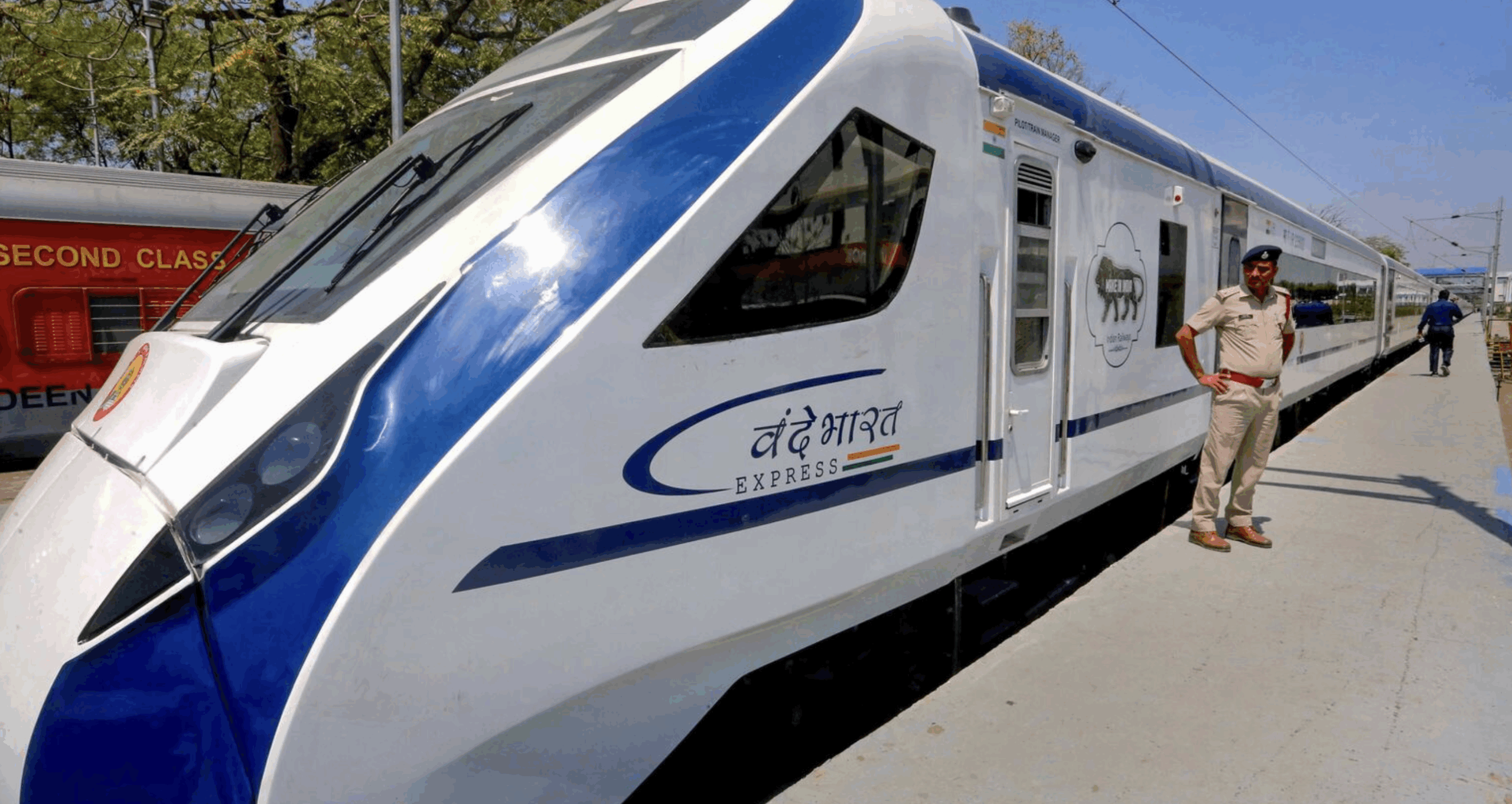The Payments Council of India (PCI), representing digital payments companies, has urged Prime Minister Narendra Modi to introduce a merchant discount rate (MDR) on UPI transactions and RuPay debit cards. PCI has proposed a 0.3% MDR on UPI transactions for large merchants and a nominal MDR on RuPay debit card transactions for all merchants, aligning with existing MDR structures for credit cards and non-RuPay debit cards. MDR is a fee charged by banks to merchants for digital payment services.

PCI Pushes for MDR on UPI Transactions to Sustain Digital Payments Ecosystem
Recently, the government approved a reduced Rs 1,500 crore incentive for promoting low-value BHIM-UPI transactions in FY25, half of the Rs 3,000 crore allocated in FY24. However, PCI argues that this covers only a fraction of the estimated Rs 10,000 crore annual cost required to maintain and expand UPI services. It emphasized that MDR is crucial for sustaining the digital payments ecosystem, supporting innovation, cybersecurity, grievance redressal, and merchant services. Without MDR, the industry risks losing its financial viability.
India currently has around six crore merchants accepting digital payments, with 90% classified as small merchants and 50 lakh categorized as large enterprises. The demand for MDR on UPI transactions has been longstanding within the fintech sector, which argues that a zero MDR policy is unsustainable. Leading payment companies such as Amazon Pay, PhonePe, Paytm, and Razorpay, all members of PCI, support this proposal to ensure continued investment and growth in the digital payments infrastructure.
Summary:
The Payments Council of India (PCI) has urged Prime Minister Modi to introduce a merchant discount rate (MDR) on UPI transactions and RuPay debit cards. PCI argues that the government’s Rs 1,500 crore incentive is insufficient to sustain UPI services, emphasizing MDR’s role in funding innovation, security, and merchant support. Leading fintech firms back the proposal.












